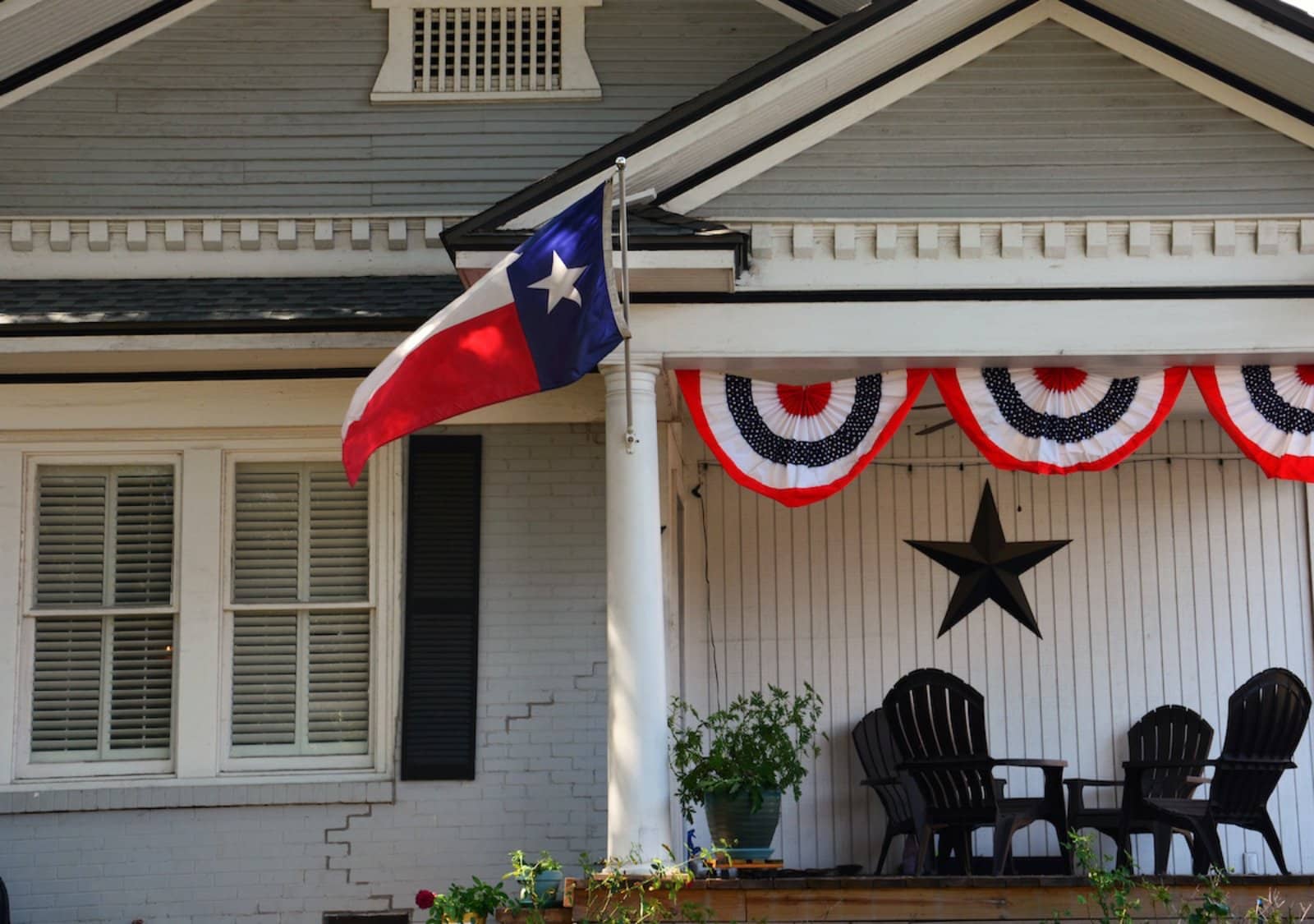A new report by the Washington think tank, the Urban Institute, has looked into the outcome of Texas’s groundbreaking guaranteed-basic-income experiment, which provided $1,000 a month to 135 low-income families for a year. The experiment aimed to help those in poverty by enhancing housing security and giving them the power to make better choices for their families. The results? Remarkably promising!
Pioneering Change in Texas

Austin became the first city in Texas to implement a taxpayer-funded guaranteed-income program in an effort to address the pressing issues of housing insecurity and poverty.
Aiding Low-Income Families

The program began in May 2022 and allocated funds to 135 low-income families. 85 received support from the City of Austin, and an additional 50 were funded through donations.
Austin’s Basic Income Pilot

Building on similar pilots conducted in cities like Stockton, California, the Austin experiment has added to a growing body of evidence that supports the use of guaranteed basic income.
Empowering Families

The program’s goal was to empower families by trusting them to make wise decisions with the money. A statement on the city’s website emphasized that such trust leads to improved outcomes, including “better jobs, increased savings, food security, housing security.”
Dispelling Misconceptions

Contrary to misconceptions that such funds might be wasted, the Urban Institute’s report indicates that participants overwhelmingly directed the cash towards essential needs – particularly housing – showing responsible and purposeful use of the funds.
Positive Impact Unveiled

Survey results revealed that participants became “substantially more housing secure” after the program, while other low-income Texas residents experienced a modest decrease in housing security during the same period. The program also contributed to a notable reduction in food insecurity among participants – there was a 17% decrease in those unable to afford a balanced meal after a year.
Life-changing Support

Participants in the scheme stated that guaranteed income was game-changing. One person shared how the financial support helped cover medical bills while they were stuck in a hospital bed and asserted that it had provided an incredibly necessary lifeline for their family.
Examining Employment Trends

The report examined employment statistics of those involved in the project, stating, “Employment remained relatively stable throughout the pilot. Of the 9 percent of participants who reported reducing their working hours, half stated that they used the time to “skill up” for future work and half took on caretaking responsibilities.”
Austin’s Initiative Faces Legislative Skepticism

While Austin took a pioneering step with this program, it faced skepticism from some Texas lawmakers. State Senator Paul Bettencourt expressed concern over a similar program in Houston this month, later sending a letter to the state’s attorney general where he said the program was unconstitutional.
Political Priorities Questioned

Bettencourt’s opposition to the program, which provided $500 a month to low-income residents, has led critics to accuse him of being “more focused on political games and weaponizing government institutions than making life better for the people of Harris County.”
A Global Trend

The experiment in Austin is part of a broader national and global trend pushing for no-strings-attached financial support for low-income families. Despite pushback from critics, guaranteed-income initiatives continue to gain traction across the country, driven by big organizations like Mayors for a Guaranteed Income.
Nationwide Trend Emerges

Cities like Baltimore and Denver have launched their own basic-income projects, focusing on addressing homelessness and supporting vulnerable residents. There’s a growing recognition of the role these initiatives can play in addressing important issues like homelessness and poverty.
Challenges Ahead

Despite the program’s success, a serious challenge surfaced as the experiment neared its end. While participants experienced reduced financial worry halfway through the program, the report states that “a substantial number of participants told the research team that they were deeply concerned about being able to make ends meet once the pilot ended.”
Participants Report Worsening Constant Worry

The report went on to state that “On one metric (constant worry), participants reported worse outcomes at the end of the 12-month period.” This is a clear potential downside to these experiments, and much thoughtful consideration is needed to deal with the program’s long-term effects.
Insights for the Future

Austin’s guaranteed-basic-income experiment has demonstrated positive impacts on housing security, food accessibility, and overall financial well-being. However, challenges and concerns about the post-experiment period highlight the complexity of these life-changing initiatives.
As cities nationwide join the movement, the success and challenges faced by Austin offer valuable insight for any future attempts in the same vein.
The post Austin Implements $1,000 Monthly Basic Income Program first appeared on Swift Feed.
Featured Image Credit: Shutterstock / CrackerClips Stock Media.
The content of this article is for informational purposes only and does not constitute or replace professional financial advice.

